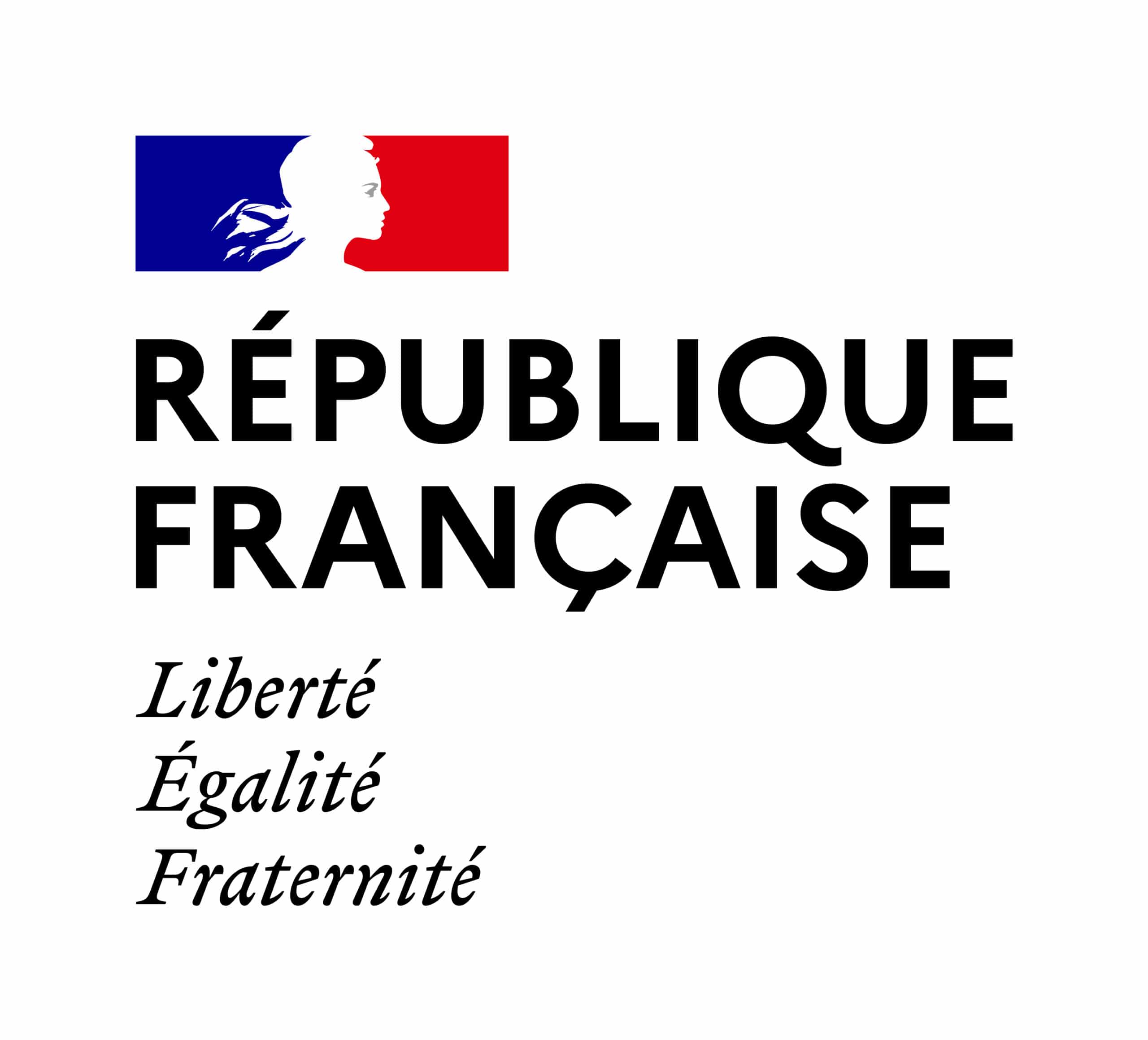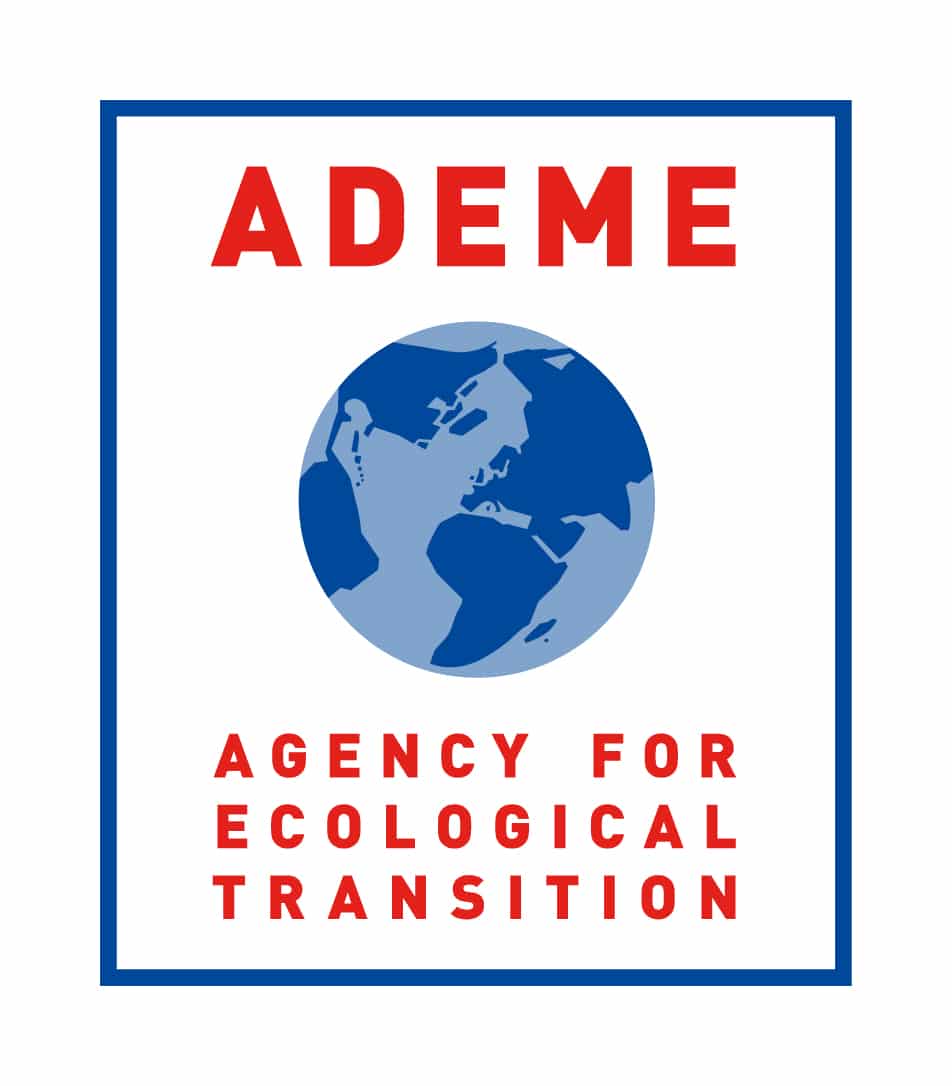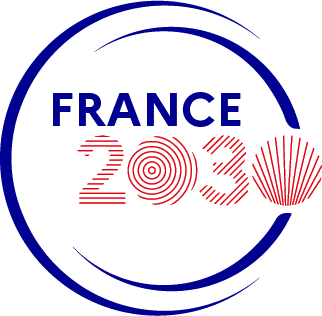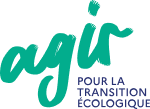Supporting research
Our mission is to support research and innovation, up to and as far as the distribution and adoption of solutions and good practice in order to accelerate the ecological transition.
In this page:
- ADEME’s 2021-2027 research and development strategy
- Theses that are in touch with local and industrial realities
- Calls for research proposals
- An open and networked approach
ADEME 2021-2027 Research and development strategy
Research and innovation are essential in the combat against climate change. Recognised as a research organisation by the research planning law, we participate as a research and development funding agency in the implementation of national research strategies in our areas of expertise, supported by the Ministry of ecological transition and the Ministry of higher education, research and innovation (National energy research strategy, in particular).
Our research and development strategy focuses on four systemic and interdisciplinary thematic research priorities (TRPs):
- The preservation and restoration of environments and resources,
- The circular economy from a resilience perspective,
- Low-carbon energy and industrial systems,
- The ecological transition and society.
These TRPs meet the main objectives, which are: sobriety, mitigation and adaptation to climate change, for resilience purposes. Indeed, in a context of limited natural resources, these challenges mean we need to rethink our needs and we need to satisfy them while limiting their impact on the environment.
As a funding agency, we support scientific research and innovation, via our programme “Theses”, our calls for research proposals and calls for acceleration strategies proposals. Beyond the funding schemes, we also contribute to promoting a dialogue between all the stakeholders (researchers, companies, local authorities, associations), particularly with the concerted research action programmes (PARC – Programmes d’actions de recherche concertés). One of our objectives is to bring out co-constructed and transdisciplinary research projects that respond to the systemic issues of the ecological transition and to the needs of the field.
Lastly, we play a leadership role in advancing collective expertise for the ecological transition and we facilitate access of all involved to the knowledge acquired by subscribing to the “Open science” vision supported by the Ministry of education, research and innovation.
Theses that are in touch with local and industrial realities
Each year, we fund about fifty theses on precursory or emerging subjects. Most of the theses are co-funded by companies, local authorities or public bodies. The aim is to strengthen scientific and technological skills and knowledge in the Agency’s areas of intervention.
Go to the ADEME Theses website (in French)
since 1992
of which €3 million financed from our own budget
2 AD, ADEME’s network of PhD students
Bringing together PhD students and former PhD students, the 2 AD association, together with ADEME, organises meetings and exchanges around themes or topics such as entrance into the professional world. Its purpose is to facilitate exchanges between PhD students, to promote the work conducted and to act as an interface with ADEME services.
The ADEME PhD Student Days, organised each year, allow the PhD students to exchange and to present their works. These student days are privileged opportunities for PhD students from different disciplinary backgrounds and working on different themes to exchange views on the ecological transition.
Calls for research proposals
Our calls for research proposals (“APR – appels à projets de recherche”) are essentially targeted at collaborative projects. The beneficiaries are primarily consortia, mobilising public or private research bodies, universities, public scientific and technological institutions, enterprises, or even associations or local authorities.
for a budget of €23.4 million (out of a total cost of €55 million)
Calls for proposals
To make it easier to access the calls for proposals and associated research funding, ADEME is contributing, together with the ANR, Inserm, including the ANRS | Emerging infectious diseases, Anses and INCa, to a grouping of their calls for proposals / applications on a single portal.
Our calls for research proposals focus on our thematic priorities and aim to address systemic issues. Let us cite, for example, AQACIA on air quality, APRED on sustainable energy, GRAINE on bioeconomy, TEES dedicated to human and social sciences, or CO3 on participatory research in support of an inclusive ecological transition
Discover all of our current calls for research proposals on our site Agir pour la transition écologique (in French)
An open and networked approach
Our approach is to encourage and facilitate interdisciplinary work across our four thematic research priorities (TRP)*.
The concerted research action programmes (PARC) facilitate the exchange and pooling of research results with a view to shared knowledge on the implementation of the ecological transition.
They relate in particular to the environmental, climatic, health and socio-economic impacts, local governance, local social and economic dynamics and planning. As such, they are long-term programmes which span the duration of our 2021–2027 research and development strategy.
*4 TRPs: Preservation and restoration of environments and resources; Circular economy in a perspective of resilience; Low-carbon industrial and energy systems; Ecological transition and society.
Technological collaboration programmes
At the European level, we collaborate with Horizon Europe by representing France in the Partnerships. At the international level, we contribute to the development of ambitious environmental and sustainability normative frameworks.





